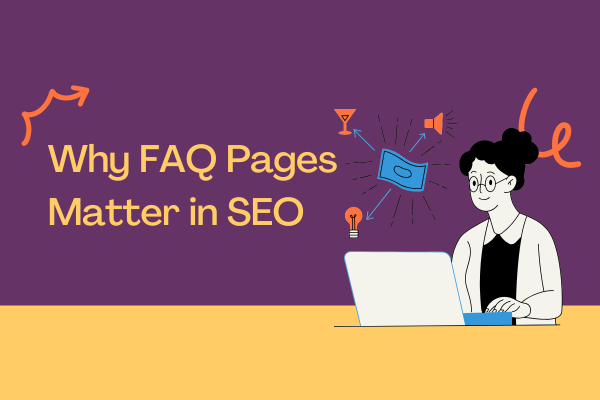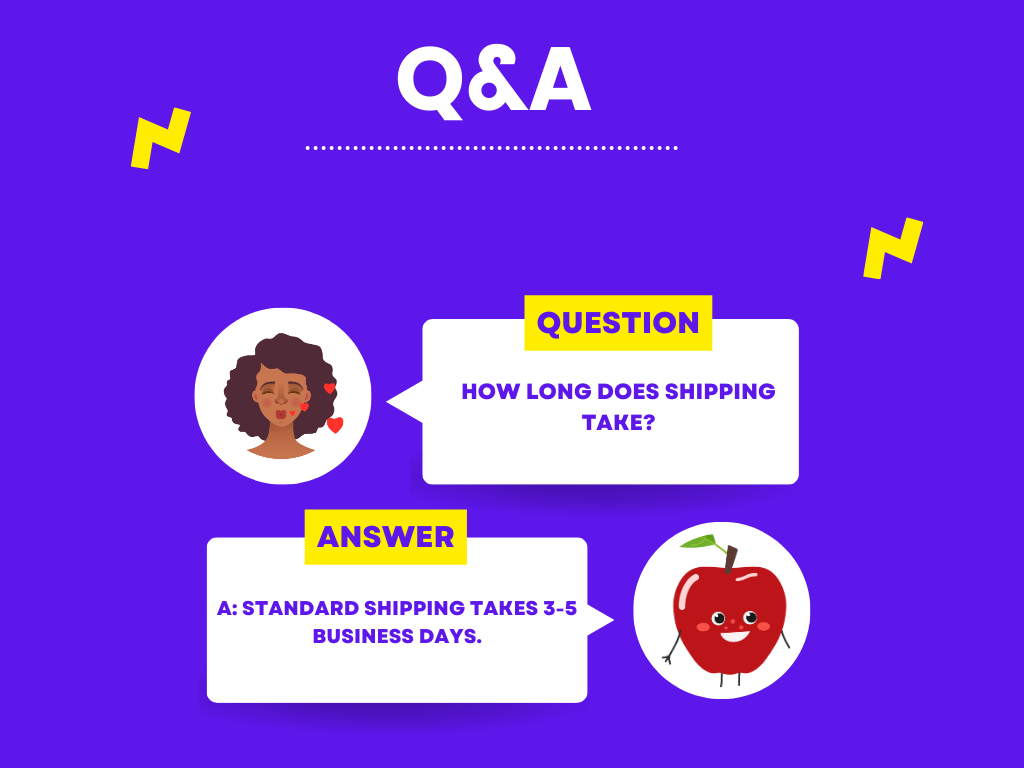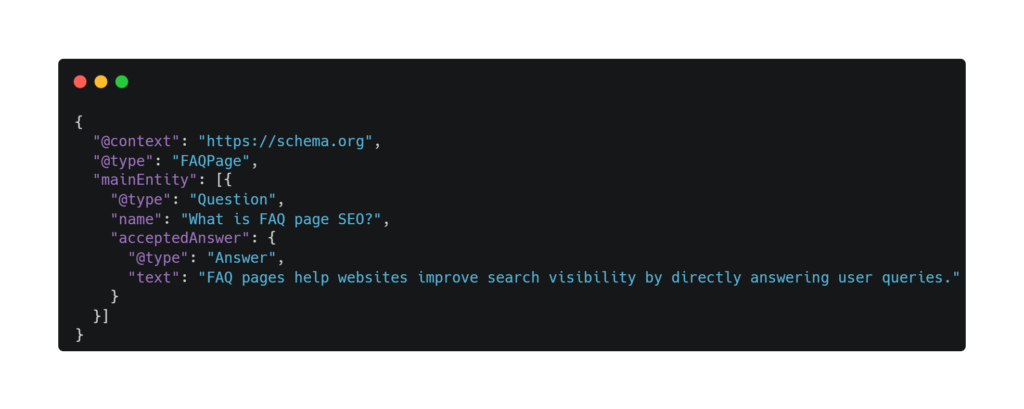Physical Address
304 North Cardinal St.
Dorchester Center, MA 02124



Measuring FAQ page performance requires a strategic approach to understanding content effectiveness. Tracking organic search rankings helps businesses identify how their FAQ pages perform in search results, revealing opportunities for optimization. Monitoring user engagement metrics provides insights into visitor interactions, highlighting which questions attract the most attention and generate the most interest. Conversion rate analysis demonstrates the direct impact of FAQ content on business objectives, showing how informative pages guide users toward specific actions. Google Search Console insights offer a comprehensive view of performance, revealing search queries that trigger the content, click-through rates, and overall search visibility. By systematically analyzing these metrics, businesses can continually refine their FAQ strategy to better meet user needs and improve search engine positioning.
When creating FAQ pages, content creators must avoid several critical pitfalls that can undermine their effectiveness. Duplicate content risks search engine penalties and reduces page credibility, potentially causing ranking drops. Keyword stuffing creates unnatural, awkward text that both search engines and users will find unappealing, potentially triggering algorithmic downgrades. Irrelevant or shallow answers fail to provide genuine value, quickly eroding user trust and reducing the likelihood of engagement or conversion. Perhaps most importantly, neglecting user intent means missing the fundamental purpose of FAQ pages – truly addressing the specific questions and concerns of the target audience. By steering clear of these common mistakes, businesses can develop FAQ content that serves both user needs and search engine optimization goals.
